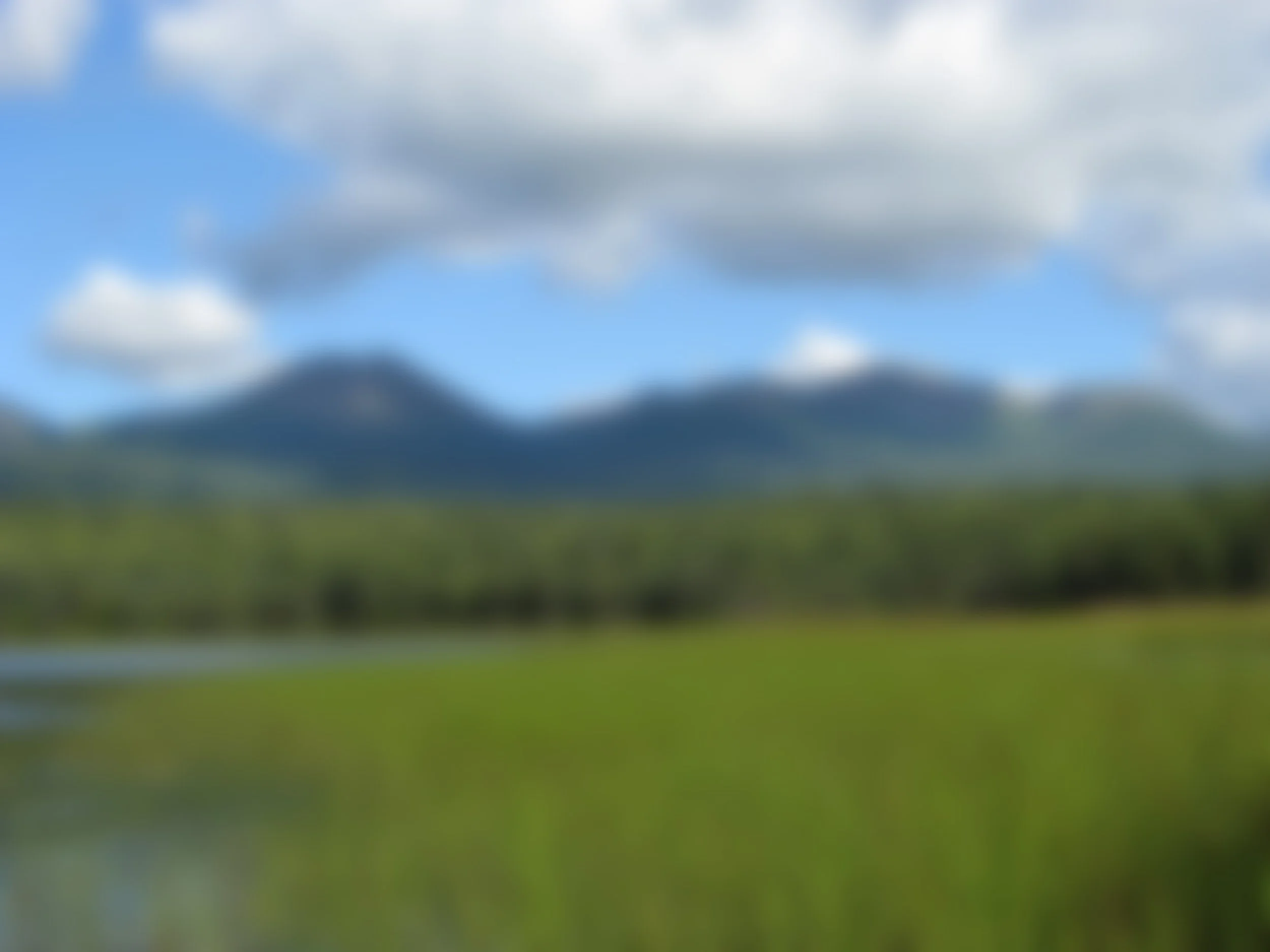
About SCI
When you join SCI, you become a better-informed hunter and conservationist … and your dues work to protect your rights to hunt wherever in the world you go. SCI is the organization that cares about responsible hunting and conservation … and does something about it. As a member, your benefits include:
Conventions:
Members can mingle with worldwide hunters, celebrities, outfitters, guides, taxidermists, outdoor writers and people just like you at SCI’s annual hunters’ conventions.
Hunter Protection:
Through our office in Washington D.C. and our Governmental Affairs programs, SCI actively works to protect hunter’s rights and interests throughout the world.
Recognition:
Members are eligible to enter their trophies into SCI’s Record Book of Trophy Animals and participate in the Medallion Program, Major Awards, Grand Slams and Inner Circle Achievement programs and SCI’s new Bowhunting Record Book.
Reports:
SCI members get the facts and figures on where to go for that special hunting trip. Through special publications, updates on important hunting issues and reports from guides and outfitters around the world, SCI will keep you informed.
Publications:
SCI members annually receive six beautiful issues of the incomparable SAFARI Magazine and twelve issues of the information-packed SAFARI TIMES newspaper. SCI’s renowned full-color magazine is devoted to worldwide big game hunting. Read about exciting hunting expeditions written by the hunter for the hunter. Get legislative updates on issues affecting your hunting privileges, conservation and education reports, global hunting reports and shooting sports information. SAFARI MAGAZINE and SAFARI TIMES keep you informed and entertained.
Code of Ethics:
Recognizing my responsibilities to wildlife, and habitat and future generations, I pledge: To conduct myself in the field so as to make a positive contribution to wildlife and ecosystems. To improve my skills as a woodsman and marksman to ensure humane harvesting of wildlife. To comply with all game laws, in the spirit of Fair Chase, and to influence my companions accordingly. To accept my responsibility to provide all possible assistance to game law enforcement officers. To waste no opportunity to teach young people the full meaning of this code of ethics. To reflect in word and behavior only credit upon the fraternity of sportsmen, and to demonstrate abiding respect for game, habitat and property where I am privileged to hunt.
About Safari Club International
• SCI is a 501(c)4 hunter advocacy organization.
• Since 1979, SCI has spent nearly $300 million on hunter advocacy and wildlife conservation.
• Since 2000 alone, SCI has spent $140 million protecting the freedom to hunt via state and federal policy advocacy, litigation, and education.
• SCI's Washington, DC office includes attorneys and wildlife biologists working 24/7 on behalf of all hunters, and retains effective lobbyists.
• SCI-PAC is the largest hunter-driven Political Action Committee that supports only pro-sportsmen candidates.
About The SCI Foundation
• SCIF is a 501(c)3 charitable non-profit organization.
• Since 2000, SCIF has delivered $47 million in conservation, wildlife education, and humanitarian services.
• SCIF spends about $5 million annually to promote science based conservation through wildfire research, capacity building in governments, youth and teacher education, and humanitarian programs that show the importance of hunters in society.
• SCIF has donated more than 1 million pounds of venison via the Sportsmen Against Hunger program.
• SCIF showcased conservation and hunting at its International Wildlife Museum.
• SCIF has delivered nearly 500 SafariCare Blue Bags to needy villagers and orphans.
• SCIF has treated more than 300 disabled hunters to assisted hunting experiences.
SCI Congressional Sportsmen's Foundation Research Arms Hunters
• There are about 18.6 million hunters in the U.S. A large percentage don't hunt in a given year and are not counted as licensed hunters that year. About 1.6 million youths under 16 and some others are not required to buy a license.
• Hunters spending supports about 600,000 jobs. That's more people than McDonald's employs.
• Federal excise taxes on some hunting equipment, plus hunting license revenue, have helped bring back dozens of species, including swans, bighorn sheep, elk, ducks, wild turkeys and white-tailed deer. In 1900 there were less than 100,000 turkeys in the U.S. vs 7 million today.
Economic Impact
• Spending by hunters and anglers generates more revenue than Microsoft, Google, ebay and Yahoo combined.
• SCI members and other hunters spend $24.9 billion per year.
• The average hunter spends 18 days afield and $1,992/yr. on hunting.
• Bowhunters spend $674 million on bows and arrows.
• Hunters spend $2.1 billion just for food/drinks on hunting trips.
• Hunters buy duck stamps that have generated more than $700 million for the National Wildlife Refuge System to purchase more than 5 million acres of wildlife habitat. This helps all species and is available to all citizens.
Voting Power of SCI Members and Other Hunters
• 73% of Americans approve of hunting.
• Only 10% think hunting should be illegal.
• Hunters are among the most influential of all groups.
• Politicians and governments that invest in access, habitat and programs in support of hunting, receive more in return via tax revenue, jobs, tourism, and other economic benefits.
• More people hunt than play tennis, ski or watch ABC and NBC nightly news.
Hunters and Anglers Combined
• 8 of 10 vote based on a candidate's position on our issues.
• Twice as many people hunt and fish than follow NASCAR.
• If the $76 billion spent on hunting and fishing were a country's Gross Domestic Product, that "Nation of Sportsmen's" GDP would rank 57
SAFARI Magazine was founded in 1971 as the official publication of Safari Club International. SAFARI Magazine is a bi-monthly publication that focuses on big game hunting and conservation. Circulation is approximately 50,000. SAFARI is mailed internationally to those on the SCI membership list as well as to selected individuals and organizations.
Editorial Content
• Big Game hunting around the world
• Ethnic and traditional hunts of a particular regions around the world
• Current or historical hunting and conservation
• Background on a particular species as it relates to hunting
MANUSCRIPT AND PHOTOGRAPHY GUIDELINES for Safari Club International SAFARI Magazine
We buy all rights to manuscripts, including electronic rights. Fees for professional writers are under review at this time. Non-professional contributions will receive an honorarium of $25. No fiction or poetry accepted. Avoid sending simple hunting narratives that lack new approaches. Features need to be about 2,000 words and should be informative, accurate and designed to appeal to sportsmen and women. This is on an "if published/when published" basis. News briefs are welcomed, but are not bought.
We prefer that you submit articles via regular mail. Please enclosed hard copy and electronic version, either on a floppy disk or a data CD. WE CANNOT WORK WITH WORD PERFECT or any word processor other than MICROSOFT WORD at this time. Title pages should have your name, address, e-mail and phone number on them. DOUBLE SPACE all text, do not staple the hard copy, and use a one-inch margin for all pages. We prefer the font to be Arial 12 point. Your manuscript should be no longer than 2,000 words, though we rarely make an exception.
ALL submissions must include a digital and hard copy of the manuscript. Photos should be submitted at the same time. In all cases, acceptance for publication will be decided by the suitability of submitted materials, especially photos. We need a complete photo package with photos that establish the setting of the hunt; action photos of hunt party members; interesting points such as scrapes, tracks, etc.; hunter with trophy; interesting gear such as rifle and scope, game call in use, etc.
Most important, photos must meet our production standards for quality. Incomplete submissions will be held until the missing material is submitted. Include self-addressed, stamped envelope for return of materials. MateALL SUBMITTED ART MUST BE LABELED AND CAPTIONED. Caption information must match the slides and photos; please submit a hard copy of the caption list as well as a digital version. Do not write on prints, front or back. All photos if accepted become the property of Safari Club Publications. Even though we try, the return of your photos is not guaranteed.rials will not be returned otherwise.
PHOTOGRAPHY SUBMISSIONS (as part of manuscript package only)
We are interested only in articles that deal with legally huntable big game of trophy quality in a natural setting. We want to see more than pictures of dead animals, e.g., living animals; landscape; campsites; the hunting party while tracking, glassing, etc. Color photographs or transparencies are preferred for color and black-and-white use.
ALL SUBMITTED ART MUST BE LABELED AND CAPTIONED. Caption information must match the slides and photos; please submit a hard copy of the caption list as well as a digital version. Do not write on prints, front or back. All photos if accepted become the property of Safari Club Publications. Even though we try, the return of your photos is not guaranteed.
Digital photos: Digital cameras should be set on high resolution. All digital photo (JPEG) files should be at least 2 MB. Please add your name to the beginning of file names to avoid the possibility that your files might match another author's file name.
Send all submissions to:
Safari Club International
SAFARI Magazine
Attn: Stan Skinner,
Editor 4800 West Gates Pass Road
Tucson, AZ 8574
